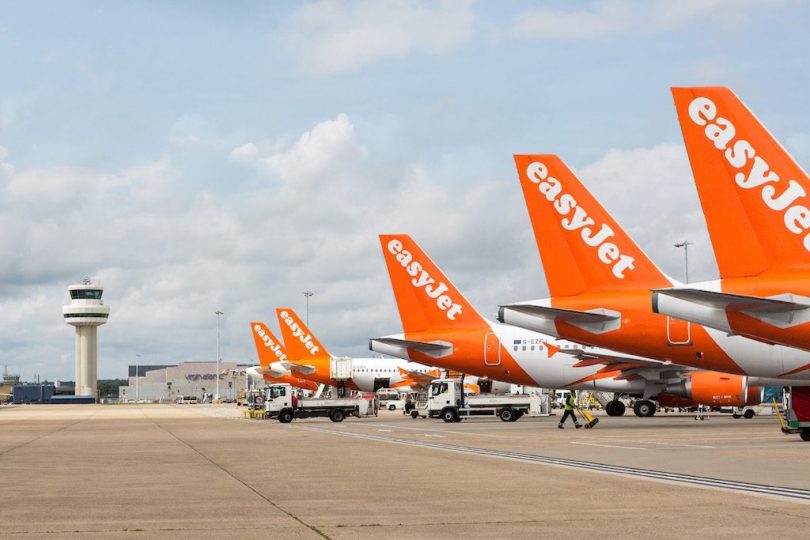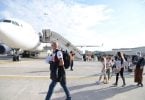easyJet , following shareholder approval, has solidified plans for a substantial fleet expansion with the confirmation of an order for 157 more Airbus A320neo Family aircraft, coupled with 100 purchase rights.
The procurement, set to unfold between fiscal years 2029 and 2034, involves 56 A320neo and 101 A321neo planes. Additionally, 35 existing A320neo orders will be converted into the larger A321neo variant.
This strategic move allows easyJet to augment its capacity by introducing more aircraft and transitioning swiftly to larger models. The initiative aligns with the airline’s objective to replace older A319s and a portion of A320ceo planes, promoting disciplined growth while enhancing cost efficiency and sustainability.
Currently boasting 69 A320neo Family aircraft, the airline already holds an Airbus order for 158 more A320neo Family planes through fiscal year 2029.
With limited market delivery slots for narrow-body aircraft until 2029, this confirmation secures future slots, supporting the airline’s strategy to maintain its scale, replace retiring aircraft, and facilitate growth.
Moreover, the 100 purchase rights offer flexibility for further expansion based on delivery timelines.
Beyond expansion, easyJet’s adoption of these technologically advanced aircraft plays a pivotal role in its pursuit of achieving net-zero carbon emissions.
The incoming fleet promises remarkable fuel efficiency improvements ranging from 13% to 30% compared to the planes they will replace, contributing significantly to environmental sustainability. Furthermore, these new aircraft boast a substantially reduced noise footprint, being twice as quiet as the older models they’re replacing.
The investment in these advanced aircraft positions easyJet for strategic growth and underscores its commitment to environmental responsibility and modernization within the aviation industry.
Johan Lundgren, easyJet’s CEO, expressed delight in confirming a substantial order:
“ We are very pleased to be able to confirm this significant order, which not only enables easyJet to replace its older aircraft with more efficient aircraft, a core component of our net zero roadmap but also provides us the ability for disciplined growth, including the significant opportunity that upgauging brings. With this order, easyJet will be able to continue to cement its leading position at Europe’s primary airports, and so we look forward to working in partnership with Airbus in the years to come.”
























